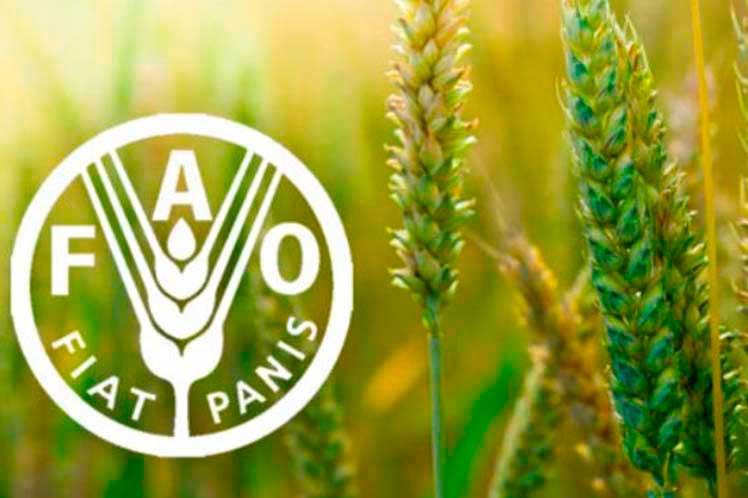Over half a million people in four countries (Ethiopia, Madagascar, South Sudan and Yemen) are experiencing catastrophic food insecurity and more than 41 million are on the edge of famine, in emergency conditions (IPC Phase 4 out of 5) – one shock or stress away from a worst-case scenario, FAO Director-General QU Dongyu.
The FAO Director-General said the situation had continued to deteriorate, with amounts of aid allocated and disbursed falling well short of the $6.6 billion sought by humanitarian organizations to meet urgent needs.
In addition, of the funding provided, far too little was focused on the resourcing of emergency livelihoods assistance – a central component of any effective strategy to prevent famine, QU said.
Since UN Secretary-General António Guterres announced the creation of a High Level Task Force on Famine in March, FAO has helped at least 5.5 million people in the six countries designated as high priority by the group to produce critically needed food in the last few months.
Across the six priority countries that the task force is focused on, FAO has received less than one-quarter of the resources needed for emergency livelihoods assistance.
Among those about which FAO is concerned are: Haiti where livelihoods are threatened by COVID-19, instability, insecurity, the earthquake, livestock diseases and economic turbulence; Afghanistan, where one in three Afghans were already acutely food insecure and where basic services are under threat; East Africa, which faces the threat of a third consecutive season with scarce rains for crops and livestock, with significant implications for food security.
QU called for an urgent scaling up of anticipatory actions, such as last year’s efforts by FAO and partners during the desert locust upsurge, preventing massive losses of staple crops and livestock valued at over $1.5 billion, protecting the food security of over 36 million people.
‘We need to work together to transform our agri-food systems so that they are more efficient, inclusive, resilient and sustainable,’ the FAO Director-General said. pgh/Pll/msm / crc









